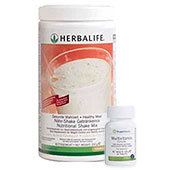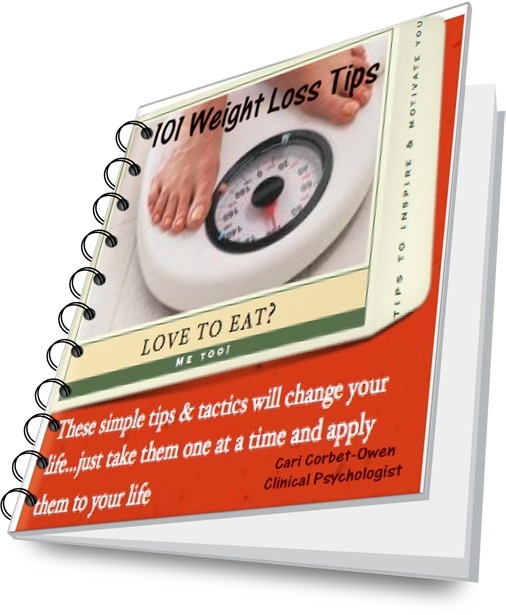What You Eat Linked to How Healthy Be as Age
1. Bone Health:
-Calcium and vitamin D: Consuming adequate amounts of calcium and vitamin D is vital for preserving bone strength and preventing osteoporosis. Include dairy products, leafy greens, and fortified foods in your diet.
-Protein: Protein supports bone health. Lean meat, fish, eggs, and plant-based sources of protein (beans, legumes) contribute to bone maintenance.
2. Heart Health:
-Healthy fats: Choose monounsaturated and polyunsaturated fats found in olive oil, nuts, seeds, avocados, and fatty fish like salmon. These fats help lower cholesterol and improve heart health.
-Limit saturated and trans fats: Found in red meat, full-fat dairy products, and processed food, these fats can increase your risk of heart disease.
-Soluble fiber: Oats, barley, and beans contain soluble fiber, which can lower cholesterol and reduce your risk of heart disease.
3. Brain Function:
-Antioxidants: Eat foods rich in antioxidants like fruits, vegetables, and whole grains to protect your brain cells from damage and enhance cognitive function.
-Omega-3 fatty acid: Foods high in omega-3 fatty acids, such as fish, walnuts, and flaxseeds, have been linked to improved brain health and reduced risk of neurodegenerative disorders.
-Vitamin B12: Found in meat, poultry, fish, and fortified cereals, vitamin B12 is essential for brain and nervous system functioning.
4. Immune System:
-Protein: Ensuring adequate protein intake supports immune function. Lean meats, fish, eggs, beans, and lentils are good sources of protein.
-Vitamin C: Citrus fruits, bell peppers, and broccoli are rich sources of vitamins that help strengthen the immune system.
5. Gut Health
- Probiotics and Fiber: Fermented foods like yogurt, kefir, sauerkraut contain probiotics that benefit gut health. Whole grains, fruits, and vegetables are good sources of fiber that promote digestive health.
6. Healthy Body Weight:
-Balanced diet: Eating a balanced diet that includes lean proteins, whole grains, fruits, and vegetables helps maintain healthy body weight.
-Limit processed foods and sugary beverages: Highly processed foods and sugary drinks contribute to weight gain and increase your risk of chronic diseases.
7. Hydration:
-Water: Staying hydrated is crucial for overall health. Drink plenty of water throughout the day to support bodily functions and maintain hydration, which becomes especially important as you age.
8. Personalized dietary needs
-Special Considerations: Certain ages and life stages may require specific dietary considerations. For example pregnant and lactating women, older adults and individuals with medical conditions may have different nutritional requirements.
Remember to follow guidelines provided by reliable health organizations, and adjust your diet with input from healthcare professionals to ensure you're getting the nutrients you need as you age for optimal health and well-being.
-
The benefits of olive oil for the skin: olive oil and calories
QuestionI recently heard that olive oil is good for dry skin. &nb
-
The benefits and pitfalls of fasting
Question I have been trying to find information or research on th
-
sugar craving
QuestionHi - Im at the beginning of a self-test for reducing suga
-
low carb vs low glycemic
QuestionLaurie I find this very confusing. I was making steady pr
-
Spirulina, blue green algae: Benefits
QuestionThere always is somebody advertising the new miracle food
-
anorexia & hypoglycemia
QuestionQUESTION: Hi my name is Liz. I am 31yrs old. About 20 mon



